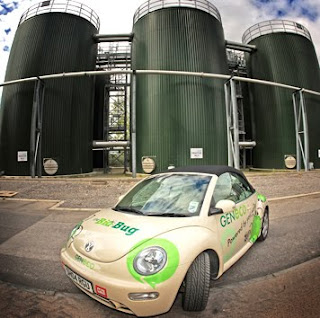
Last Thursday, Abigail Hofman and Tracy Hofman, writing in the
Financial Times, asked us to consider “whether it matters that women are under-represented on the boards of financial institutions”. At first glance, this might seem like rather an un-PC question. Today, a wealth of legislation and conventions recognise gender equality as a right – even if not quite a reality.
I don’t know whether Hofman and Hofman were aware of the ironic timing of their controversial question, but last Thursday also happened to be the opening day of the 2010 Global Summit of Women. As City folk perused the Financial Times over their morning coffee, China’s Vice President Xi Jinping was opening the Summit in Beijing with the proud declaration that China, like other global powers, is dedicated to the development of women’s careers.
So, gender equality in business is high profile – but does it matter? The FT article was a response to the recently-published report by the Treasury Committee,
‘Women in the City’, which sought to explain how gender diversity (or rather, a lack of it) might have played a role in the Banking Crisis. According to the latest
Female FTSE report, only 9% of boards of FTSE 100 banks are women. “We believe the lack of diversity on the boards of many, if not most, of our major financial institutions, may have heightened the problems of ‘group-think’ and made effective challenge and scrutiny of executive decisions less effective”, the Treasury report concludes.
You may well be wondering if there’s much hard evidence to back up the claim that gender diversity in management is a stabilising factor for business. Well, yes, there’s rather a lot. Detailed research by
Catalyst, for example, found that U.S. Fortune 500 companies with the highest representation of women on their top management teams secured a 35% higher Return on Equity and 34% higher Total Return to Shareholders compared to companies with lowest women’s representation. Interesting research has also been published by
The Conference Board of Canada and the
Aziz Corporation, with the latter indicating that many CEOs themselves blame the financial crisis partially on a ‘macho’ culture of risk taking.
This is all more than an interesting discussion for businesses that are looking to secure good corporate governance and clear financial oversight – the ones that are looking for sustainability. Certainly, we know consumers are going to keep sustainability and ethics firmly on the agenda, as
recent news of customers flocking to the ethically branded Co-op bank reminds us. But businesses don’t need to wait for their customers to push them to be more sustainable, more diverse, more forward-thinking. Gender equality is a good bandwagon to jump on. Not just because “it’s right”, but because it the smart thing to do.


















